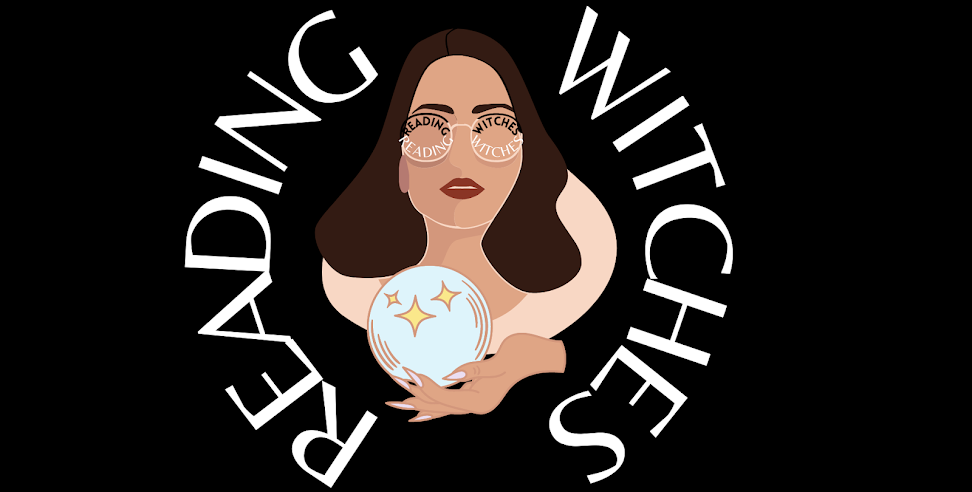
This is the new little series that I am initiating to get back into reading. This project is a continuation of my letter. I'll just review random books I have read or thoughts while I am reading. It's a travel journal of sorts. I'll use L2RA as an acronym to make the titles shorter.
Ever since I am getting back into reading, I have explored what it means to me to read. In a sense, it was always a part of my identity. Others could see it too. My sister is currently doing an art exhibition on my family, when it came to how to represent me she told me that a book would befit me. I think that is why I am so desperate to read again. To come back to what I truly wish. The books in this post have all made me question how to read books.
'A Writer's Diary' by Virginia Woolf
I have recently started journaling, a project I would recommend to everyone. It is hard to explain the feeling of writing and what it brings to me. The words have not come yet. I have ventured into this project as a task to understand myself, immortalise my feelings and memories and surprisingly, I learned as I wrote, to have fun writing. I oddly enjoy my voice.
I mentioned in the last post that I was questioning what my journal would mean to me. I started reading a bunch of writer’s diaries to understand what I wanted. The main book is A Writer’s Diary by Virginia Woolf, the one in which I see myself the most. I like it; I feel like a kindred spirit. She writes what I think and what I have been questioning. Just a hundred years earlier.
I am reading her diary, Sylvia Plath’s letters to her mother and recently Franz Kafka’s diary. All of which I recommend. I have yet to finish all the books. Again, I am uncertain why it is so hard for me to finish reading. I think it’s because I want to do it properly but since I am at university I have too much to do on the side. Doing things, I enjoy makes me feel guilty.
I find them very comforting. It feels like they are confiding what they are thinking to the reader. It’s odd but I feel the same when I write in my journal. It is like I am having a conversation with myself. It’s therapeutic. Now when I read those words, I read as a writer too. Very presumptuous of me as I am nowhere near as skilled with words as they are, nor do I have those ambitions. But I think in written sentences now, careful to craft what I want to express. So, when I read, it feels like I am reading to study the art of writing. As a painter would look at other paintings. How do they express their ideas? What do I like, what is the style I aspire to continue or emulate in a sense? How can I better express myself, to myself?
With Woolf’s diary and journaling, I am starting to understand what I like about books and reading. These posts were to go back to who I was and why I loved reading. However, I am reading now for different reasons. When I was younger, it was to escape and for pastime. I am trying to find something in books that I did not before: to feel understood, to understand and to explain. Learning to Read Again has become a lot more than I have initially planned. I leave you with a couple of quotes that have resonated with me.
Experts of Virginia Woolf’s Diary:
“Life piles up so fast that I have no time to write out the equally fast rising mound of reflections, which I always mark down as they rise to be inserted here.”
“What sort of diary should I like mine to be? Something loose knit and yet not slovenly, so elastic that it will embrace anything, solemn, slight or beautiful that comes into my mind. I should like it to resemble some deep old desk, or capacious hold-all, in which one flings a mass of odds and ends without looking them through. I should like to come back, after a year or two, and find that the collection had sorted itself and refined itself and coalesced, as such deposits so mysteriously do, into a mould, transparent enough to reflect the light of our life, and yet steady, tranquil compounds with the aloofness of a work of art. The main requisite, I think on re-reading my old volumes, is not to play the part of censor, but to write as the mood comes or of anything whatever; since I was curious to find how I went for things put in haphazard, and found the significance to lie where I never saw it at the time. But looseness quickly becomes slovenly. A little effort is needed to face a character or an incident which needs to be recorded. Nor can one let the pen write without guidance; for fear of becoming slack and untidy like Vernon Lee. Her ligaments are too loose for my taste."
“If Virginia Woolf at the age of 50, when she sits down to build her memoirs out of these books, is unable to make a phrase as it should be made, I can only condole with her and remind her of the existence of the fireplace, where she has my leave to burn these pages to so many black films with red eyes in them. But how I envy her the task I am preparing for her. There is none I should like better.”














0 comments:
Post a Comment
Tell us all your thoughts!